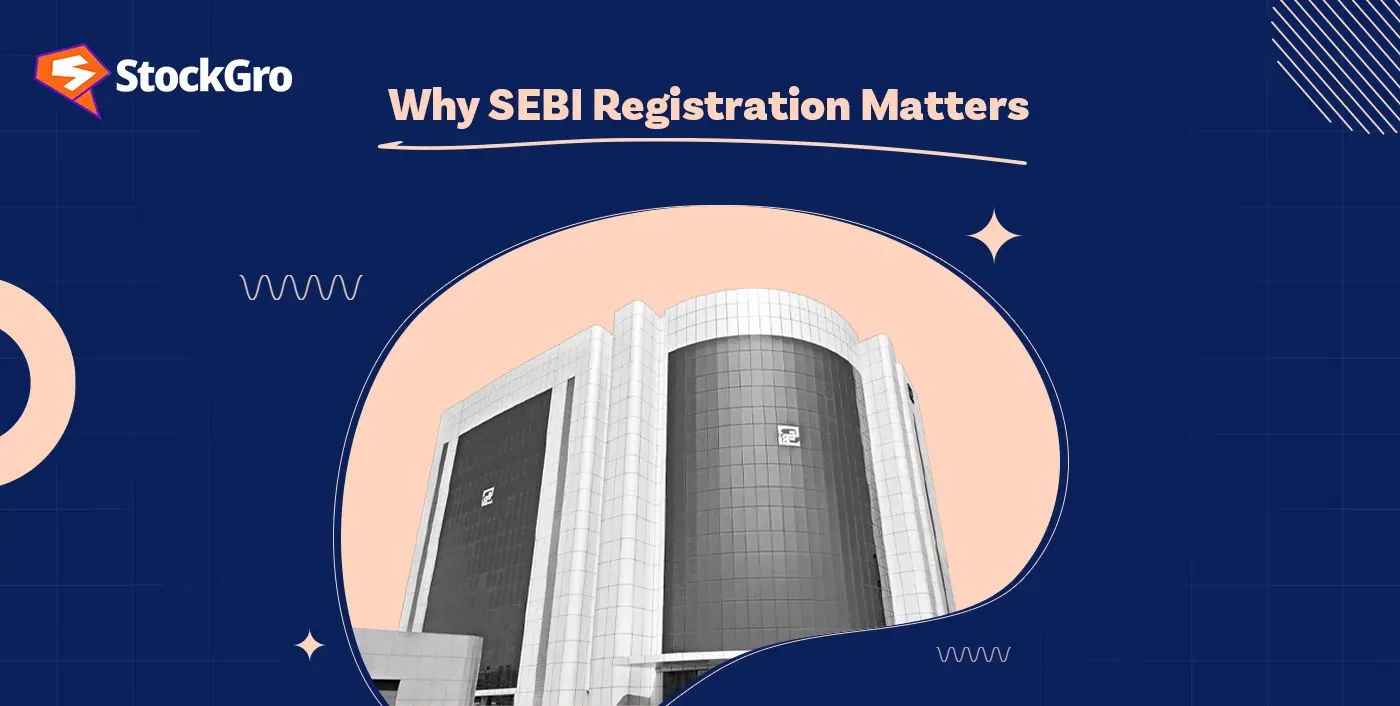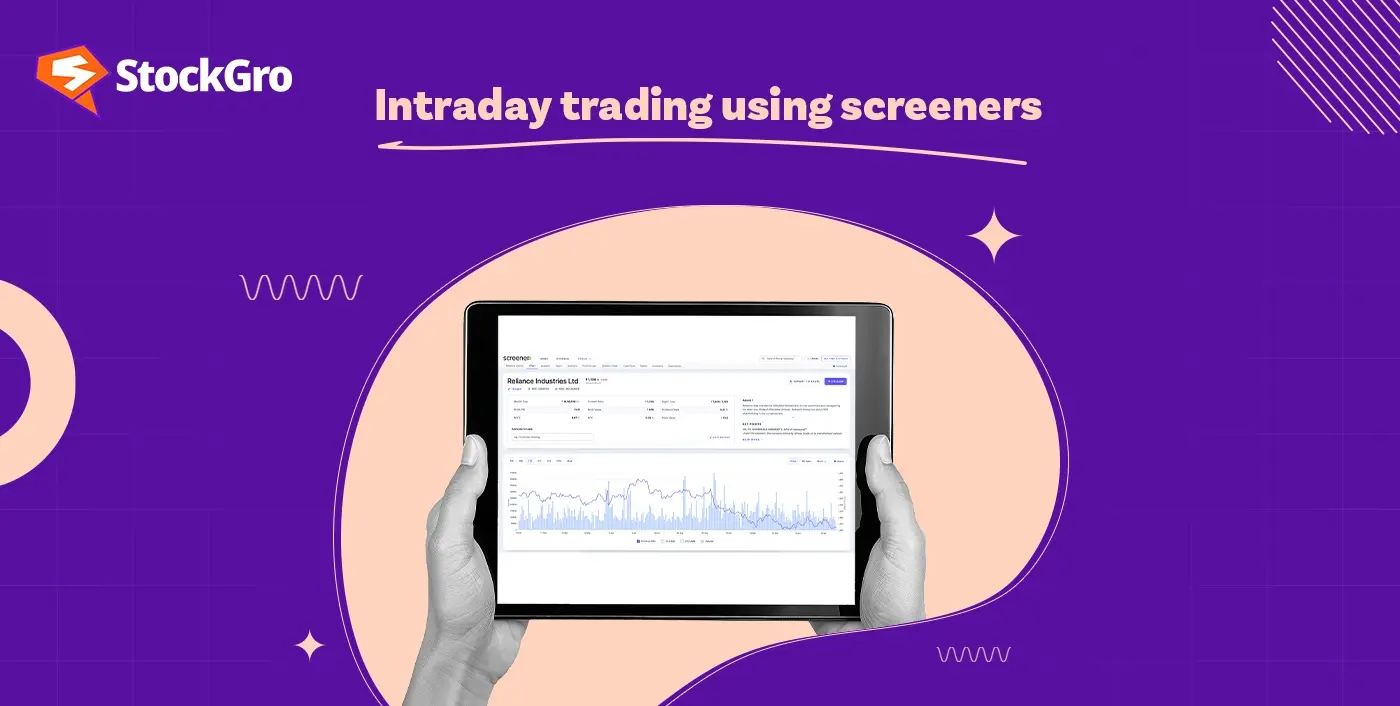
Investing is exciting, but let’s be honest—it’s also risky. When you’re trusting someone with your hard-earned money, the last thing you want is to fall for bad advice or worse, a scam. Unfortunately, the financial world has its fair share of unregistered advisors promising unrealistic returns.
That’s where SEBI (Securities and Exchange Board of India) steps in. It ensures that investment advisors meet regulatory standards, protecting investors from fraud and misleading schemes. But how do you know if an advisor is SEBI-registered? And why does it matter?
Let’s break it down.
Also read: SEBI’s Evolution: From Formation to Market Regulation
Why SEBI registration matters
SEBI is India’s financial watchdog, ensuring that investment advice follows strict ethical and professional guidelines. Here’s why SEBI registration is crucial:
| Reason | What It Means for Investors |
| Legal compliance | SEBI-registered advisors follow strict regulations and standards. |
| Transparency | They must disclose fees, risks, and investment strategies. |
| Investor protection | SEBI has a grievance redressal system if things go wrong. |
| Avoiding scams | Unregistered advisors may provide misleading advice for personal gain. |
If your advisor is not SEBI-registered, there’s a higher risk of fraud, biased recommendations, or lack of accountability.
How to verify if your investment advisor is SEBI registered
Before trusting anyone with your investments, take these steps to verify their SEBI registration:
1. Check SEBI’s official website
- Visit www.sebi.gov.in.
- Go to “Registered Investment Advisors” under the “Intermediaries/Market Infrastructure Institutions” section.
- Search using the advisor’s name, firm name, or SEBI registration number.
2. Verify the registration details
Once you find the advisor’s name, cross-check these details:
✔ SEBI registration number
✔ Validity period
✔ Registered address (Matches the information they gave you?)
✔ Contact details
If anything doesn’t match up, that’s a red flag.
You may also read: Securities and Exchange Commission: Objectives Explained
3. Look for disclosure documents
SEBI mandates advisors to be upfront about:
- Their fees
- Investment risks
- Conflicts of interest
If an advisor refuses to share these details, walk away.
4. Check SEBI Complaints Redress System (SCORES)
SEBI’s SCORES portal allows investors to:
- Check complaints against an advisor.
- File a complaint if an advisor acts unethically.
- View actions taken by SEBI against advisors.
Red flags: Signs your advisor isn’t trustworthy
Even if an advisor claims to be SEBI-registered, watch out for these warning signs:
Guaranteed returns – No legal advisor can promise fixed profits in the stock market.
High-pressure sales tactics – A real advisor gives you time to decide. If someone says, “Invest NOW, or you’ll miss out!”—run.
Hidden fees & commissions – SEBI-registered advisors must disclose their charges. If an advisor avoids the fee discussion, that’s a bad sign.
Not listed on SEBI’s website – If their name doesn’t show up in SEBI’s database, they are not registered.
Why young investors need to be extra cautious
Millennials and Gen Z are entering the investment world through stock markets, crypto, and mutual funds. But many rely on:
- Influencers who are not SEBI-registered.
- Social media “gurus” with flashy content but no real credentials.
- Unverified Telegram and WhatsApp groups offering stock tips.
While some influencers genuinely educate, always verify if they are SEBI-registered before following their advice.
SEBI registered investment advisors vs. research analysts
A SEBI-registered investment advisor is different from a SEBI-registered research analyst:
| Aspect | SEBI Registered Investment Advisor | SEBI Registered Research Analyst |
| What they do | Provide personalized investment advice. | Offer general stock research and analysis. |
| SEBI regulations | Must follow ethical and professional conduct. | Follow disclosure rules but do not give direct advice. |
| Who they serve | Individuals, institutions, HNIs. | Traders, investors, media. |
If you want personalized advice, go with a SEBI-registered investment advisor, not just a research analyst.
Final thoughts
Before trusting any investment advisor, take 5 minutes to check their SEBI registration. It’s a simple step that can protect your money and future.
- Use SEBI’s website to verify registration.
- Avoid unrealistic promises and shady advisors.
- Choose advisors who disclose all details upfront.
A smart investor is not just someone who makes money but someone who avoids losing it to fraud. Stay informed and invest wisely!
FAQs
1. What is SEBI, and why is it important?
SEBI (Securities and Exchange Board of India) is the regulatory body that oversees India’s financial markets and ensures transparency and investor protection.
2. How can I check if my investment advisor is SEBI-registered?
Visit the SEBI website and search for your advisor in the “Registered Investment Advisors” section using their name, firm, or registration number.
3. What should I do if my advisor is not listed on SEBI’s website?
If your advisor is not listed, they are not SEBI-registered. Avoid taking financial advice from them and report any suspicious activity to SEBI.
4. Can a SEBI-registered advisor earn commissions from investment products?
No, SEBI-registered advisors follow a fee-only model and cannot earn commissions from investment products to ensure unbiased advice.
5. How do I report a fraudulent advisor?
Use SEBI’s SCORES (Complaints Redress System) to file complaints against unregistered or fraudulent advisors.

